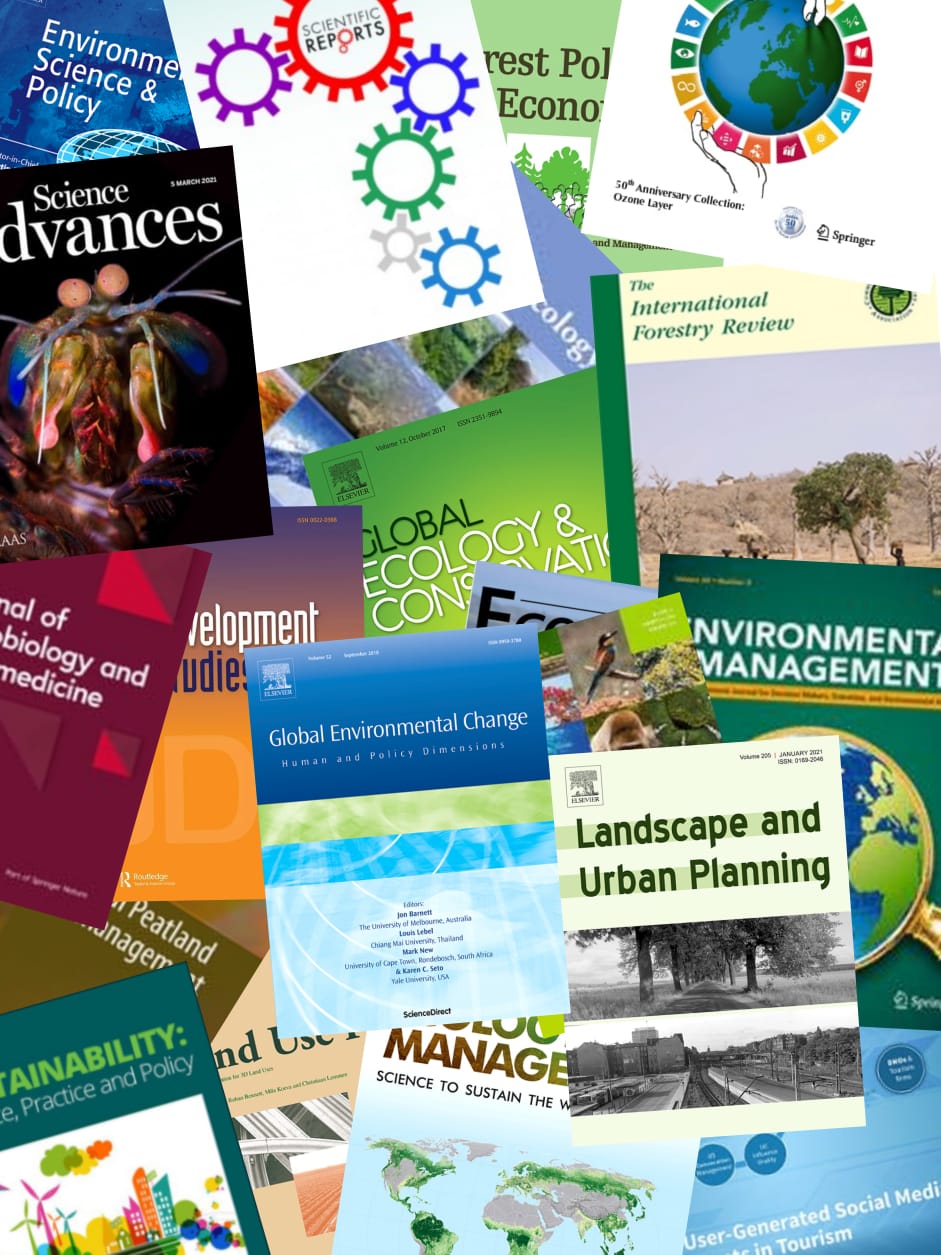A method is introduced to value the numerous environmental functions of Dayak managed rubber forest gardens and to compare costs and benefits of the rubber garden system with those of a rubber monocultural system in West Kalimantan. The study is based on field data collected during a research stay in Sanaggau, West Kalimantan, Indonesia, from November 1997-April 1998, in two villages: Mabit and Sungei Dangin. Rubber forest garden systems are primarily established (as part of the shifting cultivation cycle) for their direct use values which provide local people with subsistence and cash income. However, as a result of the close interplay between economic, natural and social factors numerous indirect use and non-use values are simultaneously maintained. Biodiversity is conserved as a positive externality. Apart from the linkage between production and biodiversity the high option values guarantee the sustainability of these systems. Appendices present information on: economic species found in 30 rubber forest garden plots; the potential functions of 45 named fruit trees (the fruit/seeds, leaves, bark and stems as food, medicine, herbal qualities, as a kind of rubber, or for burning).
Keyword(s)
agroforestry systems, biodiversity, conservation, cost benefit analysis, externalities, land use, multipurpose trees, non-wood forest products, rubber plants, rural development, shifting cultivation, sustainability, trees, uses, valuation, woody plants, Indonesia, Kalimantan, Hevea brasiliensis, plants, Hevea, Euphorbiaceae, Euphorbiales, dicotyledons, angiosperms, Spermatophyta, eukaryotes, APEC countries, ASEAN Countries, Developing Countries, South East Asia, Asia, Borneo, bush fallowing, forest gardens, minor forest products, non-timber forest products, rubber crops, slash and burn, swidden agriculture, Farming Systems and Management (EE200) (Discontinued March 2000), Agroforestry and Multipurpose Trees, Community, Farm and Social Forestry (KK600), Non-wood Forest Products (KK540)

